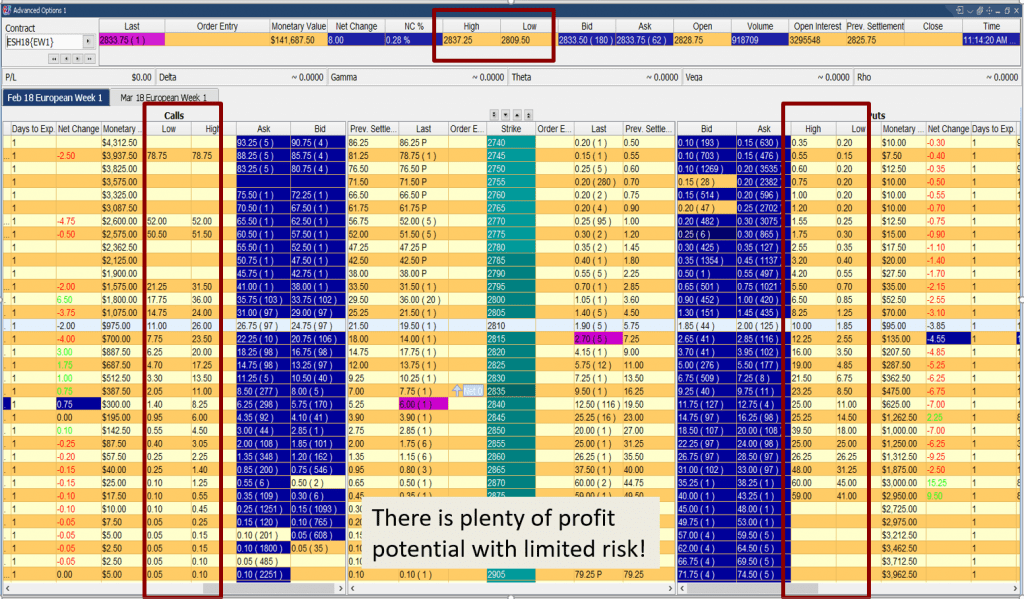
One of the first decisions you must make when you are new to day trading is whether you want to invest using your own money known as a cash account or you are going to use your broker’s money, known as a margin account. Both types of trading accounts have their pros and cons. Today we look at a few things you need to seriously think about before you decide which method of investing is likely to be right for you.
What Does the Term Margin Denote?

Margin Account Definition: Day Trading Terminology
The term margin is used to describe the fact you are borrowing money from your broker to make your purchases. Most brokers will give you enough credit to cover as much as four-times your “maintenance margin excess as of the close of business of the previous day.” Having access to this type of funding can help you raise your day trading to a level you might not otherwise have been able to do. It can also give you the ability to go after opportunities you might otherwise have had to pass up on.
Keep in mind that like any other type of loan, borrowing money from your brokerage firm comes with interest that must be paid. This might not appear to be an essential issue, and as long as you are making money when you buy and sell, it really isn’t. But, on the other hand, if you borrow money and your picks turn out to be losers, you still have to pay the money back to your broker and the interest the loan has amassed.
About Margin Calls

A Guide to Day Trading on Margin
The margin call is another significant disadvantage to the margin account. This occurs if the value of your account or assets drops below a predetermined level, your broker can issue the “margin call.” At this point, your broker may require you to make a cash deposit into your account or sell off a portion of your assets to make up the difference and bring the balance in your account above the predetermined level. More often than not, if you have to sell off some of your assets, the request will come when the markets are so low you end up selling for less than you paid.
Depending on the situation, it is possible your brokerage firm will automatically start selling off your assets to pay off part or all of your loans. With a cash account, you are solely responsible for maintaining specified minimum balance to be permitted to continue day trading. For this particular reason, cash account day trading is not allowed by the Federal Reserve Board under Regulation T.
The problem that caused the need for this new regulation was that day traders could buy and sells shares without ever paying for them. This is known as “Freeriding” and requires your broker to freeze your cash account for 90 days, meaning you have to fund each day’s activities with cash on the day of the trade.
Not for the Squeamish

How Day Traders Can Limit Speculative Risk
Day trading on a margin can be extremely risky from a financial point of view and not something in which a novice trader should become involved. Even those with experience stand to lose a lot. Day trading on margin does give you more buying power. But, if you are new to day trading, you stand to incur losses that could wipe out your account and still leave you open to repaying your broker plus interest. If this is your first venture into this type of trading, find a brokerage service that can help you establish a cash account, this is more likely to make you more careful in your investments and won’t leave you with a massive debt to repay.




